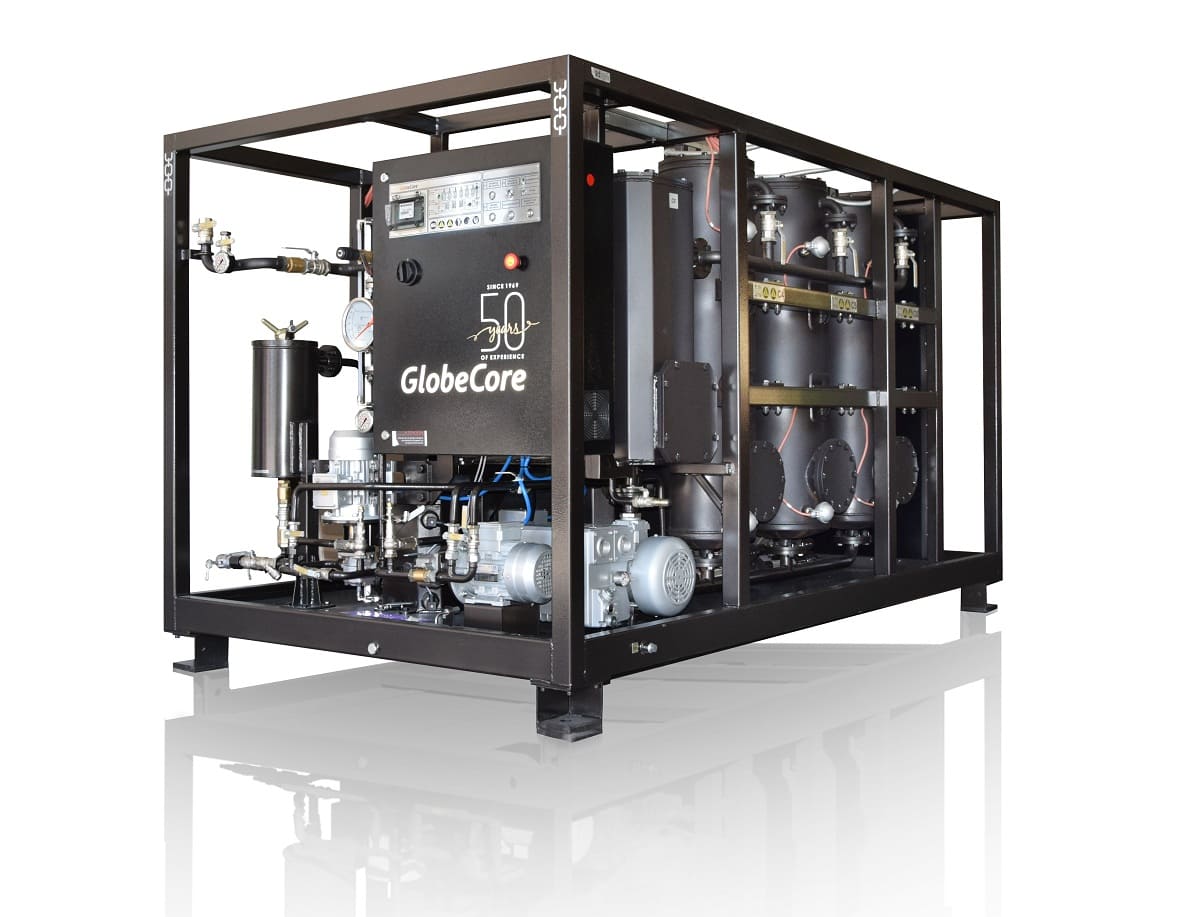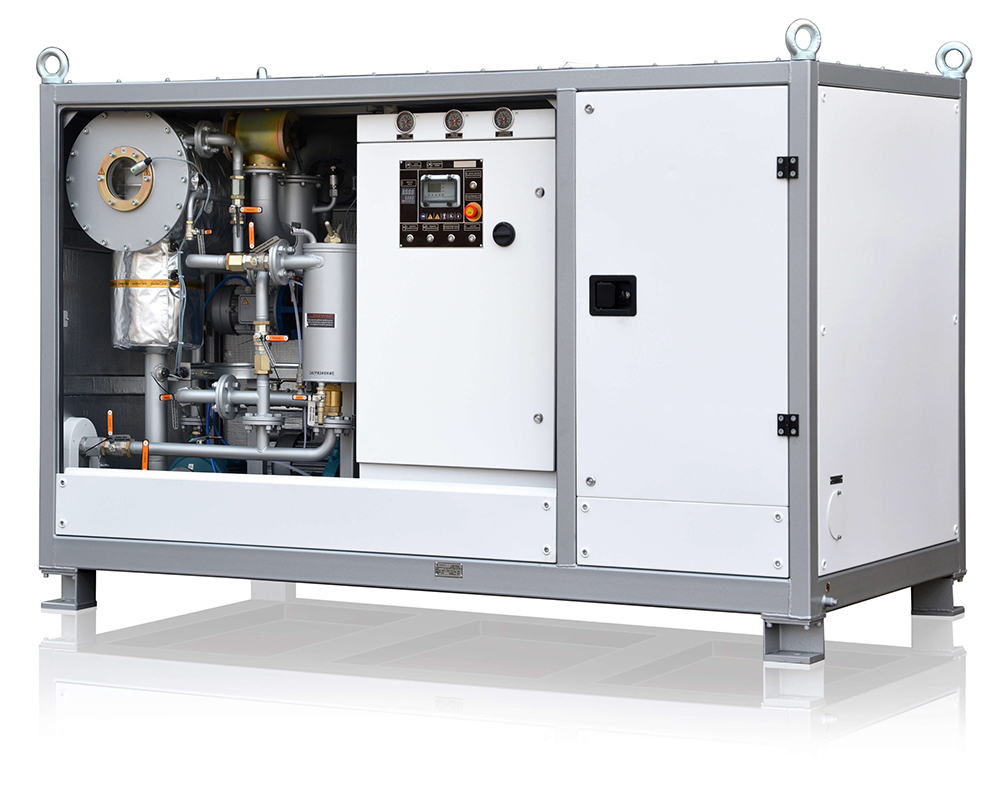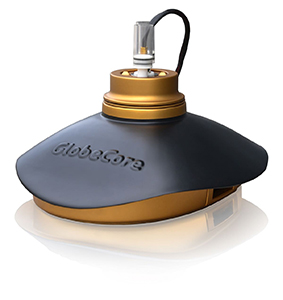What happens to old transformer oil?
- This topic has 1 reply, 2 voices, and was last updated 10 months, 2 weeks ago by .
Answers
-
September 9, 2024 at 10:13 am by Laura Anderson
Old transformer oil undergoes several critical processes to ensure its safe disposal or regeneration. Over time, transformer oil can degrade due to oxidation, contamination, and the presence of moisture, leading to decreased performance and insulation properties. When servicing equipment, old transformer oil is typically drained and analyzed for its condition, including acidity, moisture content, and the presence of harmful byproducts. Depending on the analysis, the oil may be regenerated through processes such as filtration, vacuum drying, and chemical treatment to remove impurities and restore its properties. If regeneration is not feasible, the oil is usually disposed of according to environmental regulations, ensuring safe handling and preventing contamination of soil and water. This careful management is crucial in maintaining the reliability of transformers and preventing ecological damage. In the context of oil vs dry type transformer, using properly managed oil is essential for effective cooling and insulation, while dry type transformers operate without oil, relying instead on solid insulators and air for cooling, which highlights the differences in maintenance and operational needs for each type of transformer.



